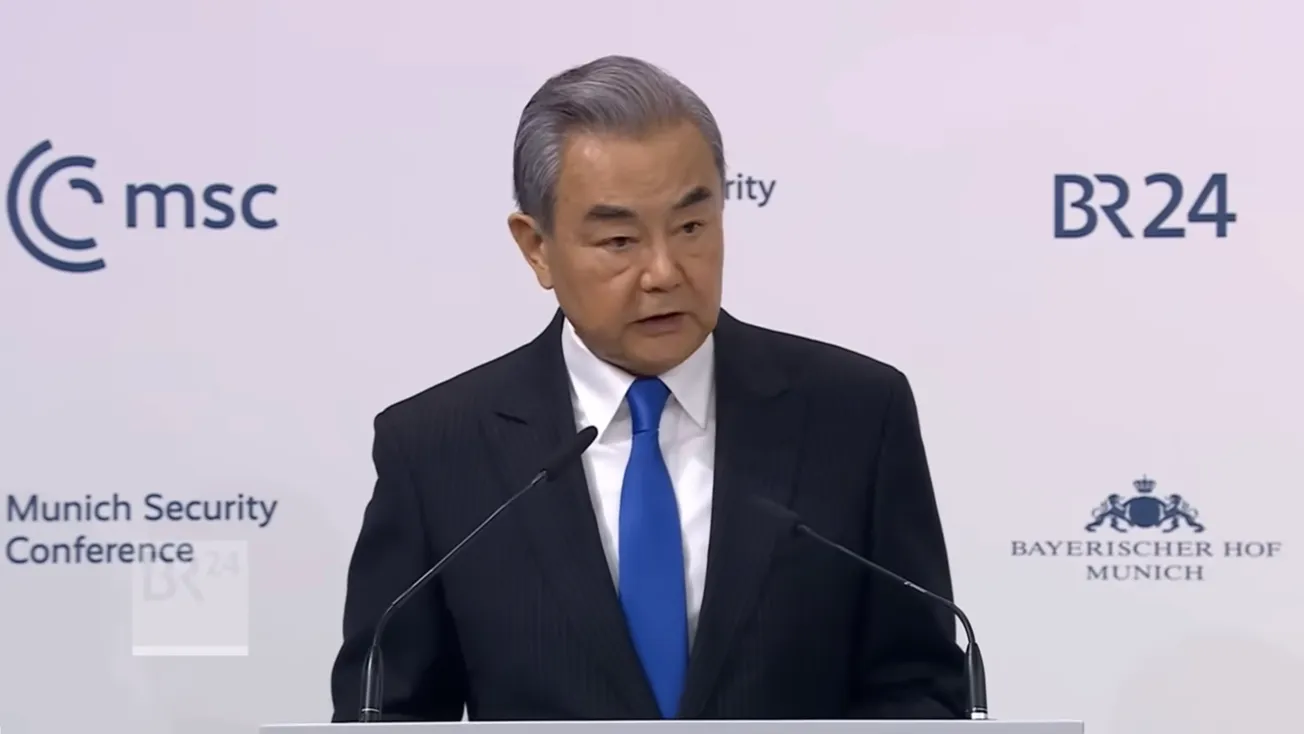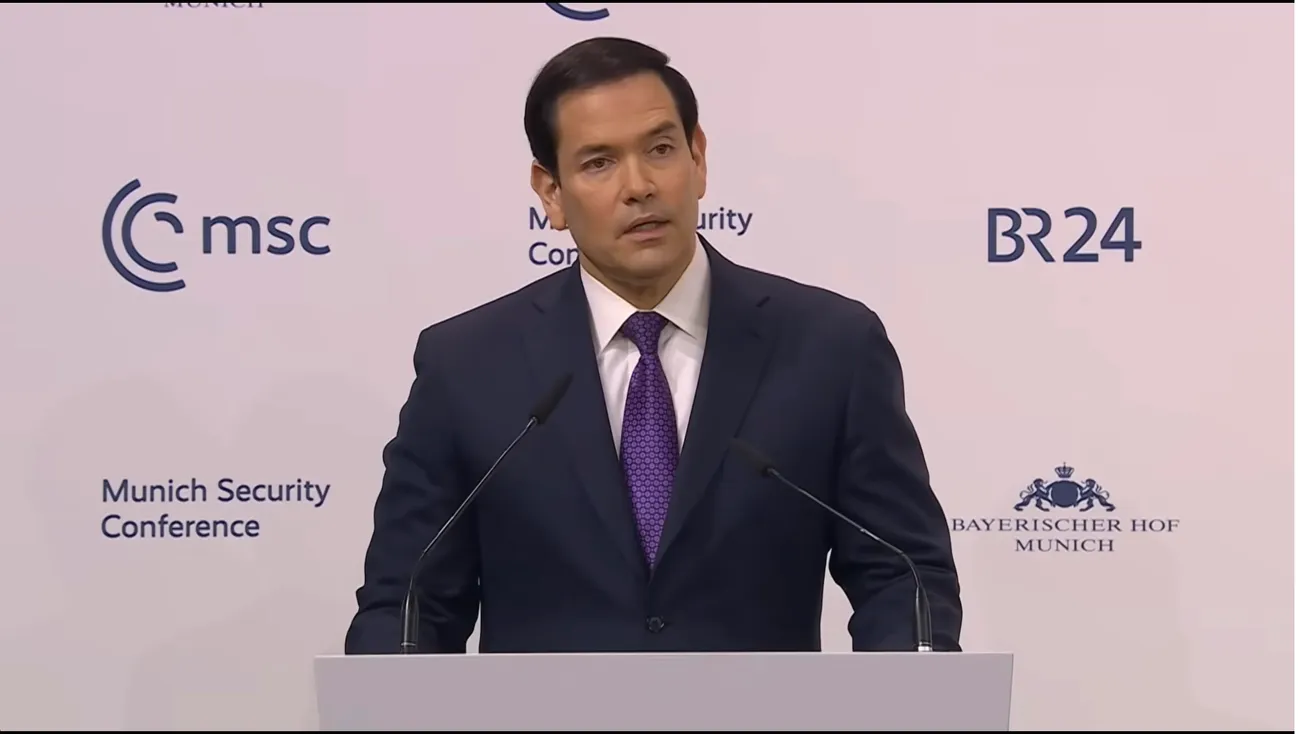In a long interview republished online on Aug. 22, the former Chief of Staff of the German Bundeswehr and then 2002-2005 Chairman of the NATO Military Committee, Gen. Harald Kujat (ret.), warned of the war threat if Germany succumbs to NATO pressure and delivers Taurus cruise missiles to Ukraine, saying “The delivery of Taurus would be another step towards the Europeanization of war.” If used against targets deep within Russia, Moscow would react: “The only question is whether this reaction is directed against Ukraine or also against those who enable Ukraine to carry out these attacks.” And like preceding failed “game changers": “If, contrary to expectations, ATACMS and Taurus do not fundamentally change the strategic situation in favor of Ukraine, would the West accept a military defeat for Ukraine, or would NATO or a coalition of NATO states intervene in the war?” Questioned on escalation parallels leading to World War I, General Kujat stated: “Yes, but there is another point. The First World War has been called the ‘primal catastrophe of the 20th century,’ the origin of all subsequent catastrophes: Second World War, Cold War, Korean War, Vietnam War, to name just a few. The Ukraine war must not become the major catastrophe of the 21st century, with the consequence of a major European war and the risk of a nuclear war limited to the European continent.”
Although his analyses are largely blacked out in mainstream media, General Kujat is no pessimist and chooses to answer the question following the World War I segment by focusing on the BRICS! Question: “You mentioned the geopolitical rivalry of the great powers. How do you see further global developments?” Kujat replied: “The Ukraine war has contributed to the emergence of a new multipolar world order gaining momentum. With the BRICS countries, a new political, economic and military power center is emerging around China and Russia, the aim of which is to replace the U.S.A. as the leading world power and to end the economic and financial dominance of the U.S. dollar as the world’s leading currency. The BRICS countries, whose official goals are peace, security, development and cooperation, currently represent 40%, the Western G7 countries including Japan only about 12.5% of the world population. Their gross domestic product is larger than that of the G7 countries.” Perhaps anticipating the new BRICS members, he stated the obvious: “China intends to work with Saudi Arabia on the global oil market and on the use of nuclear energy, supports Saudi Arabia’s entry into the BRICS group, pushes the formation of a commodity-based reserve currency to compete with the petrodollar, and has been stockpiling gold reserves for months replace the dollar as the world reserve currency.”



